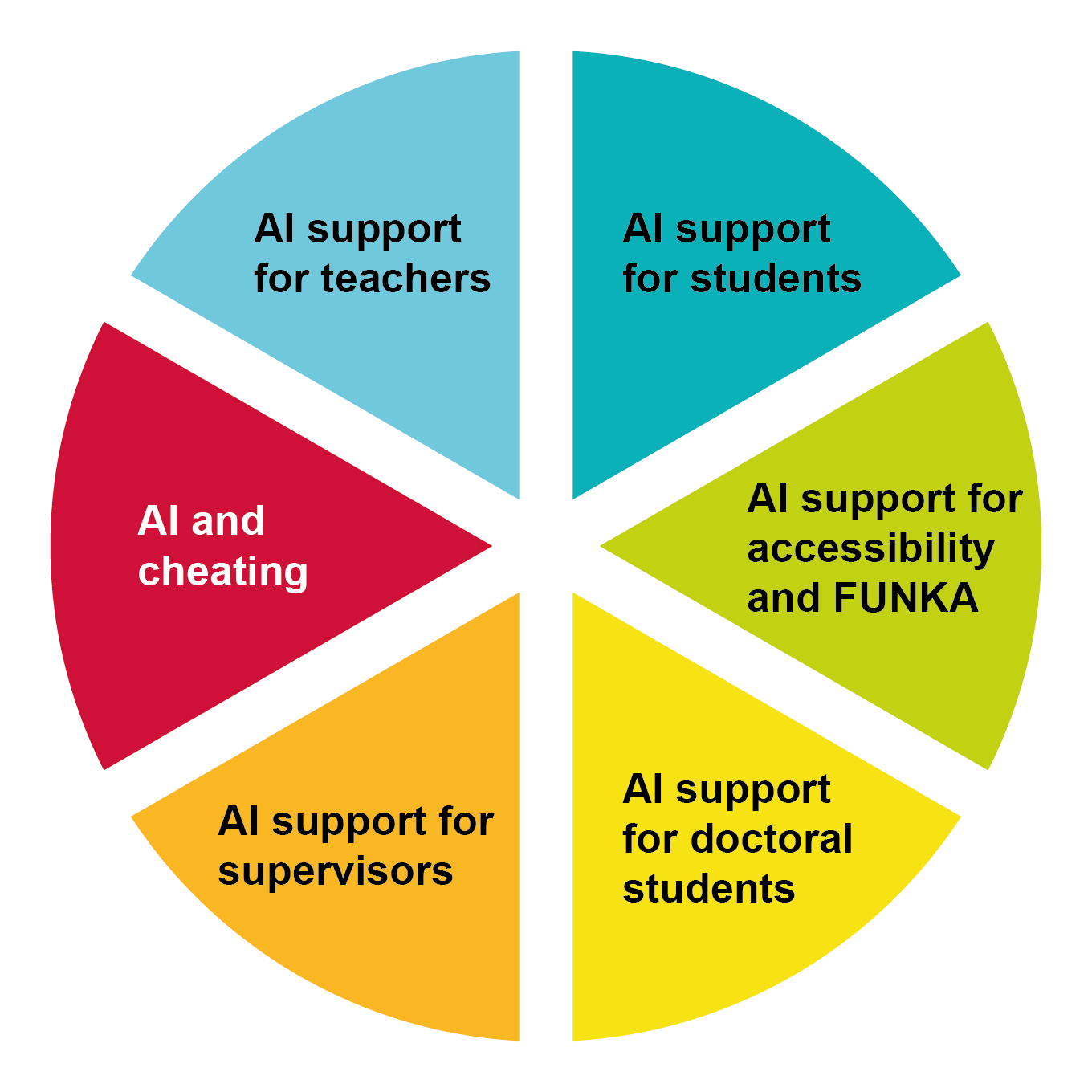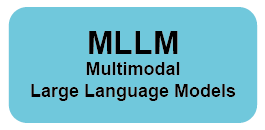AI in higher education
Generative AI is rapidly developing and increasingly impacting higher education.
|
 |
Important to know
To support you in using AI services, SLU's legal counsel have put together some key advice to consider when using AI in your work.
If you test new AI services, don't forget:
- Currently, you often need to create private accounts to explore many of the new AI services on the market (and several cost money).
- Critical thinking: Be aware that AI-generated material may contain inaccuracies, distortions, bias, and copyrighted material.
- Security awareness: Pay attention to security aspects when testing AI systems.
- Privacy protection: Be careful about what information you share with AI to prevent the spread of sensitive and proprietary information.
Below are some concepts that may be useful to know.
 |
Artificial intelligence (AI) is the ability of computer programs to mimic the natural intelligence of humans. |
 |
Generative AI is a branch of artificial intelligence (AI) that focuses on creating new content based on training data for example text, images, sound, video, music, etc. |
 |
Large Language Models (LLM) *GPT = Generative Pre-Trained Transformer. |
 |
Multimodal LLM (MLLM) is an AI model that can process and generate multiple types of data, such as text and images. |
Learning and digitalisation
To reach our educational developers mail
To get help concerning our educational systems
Do you have questions about media production
Web
Published: 21 February 2025 - Page editor: ld-webb@slu.se
Loading…





